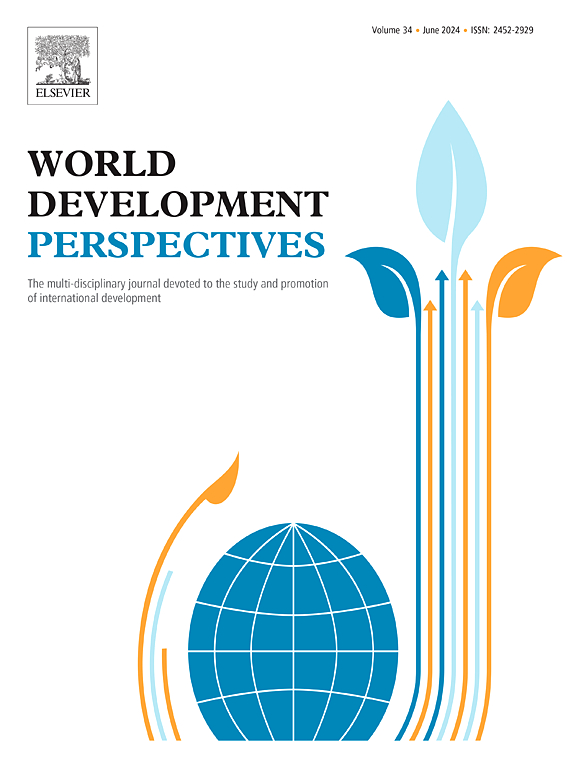This paper explores stakeholders’ perspectives regarding the effectiveness of multistakeholder forums (MSFs) for low-emission food systems, based on interviews with 40 organizations in Vietnam. Our findings reveal four types of MSF: those led by the central government, provincial governments, international organizations and academia. While targeting different stakeholders and scales, they share the common challenge of ensuring that diverse voices – including women, local communities and civil society organizations – influence dialogue. Powerful stakeholders dominate, while international organizations, academia and local organizations are influenced by political mandates, project funding and personal connections. Most stakeholders participate passively, rather than actively contributing to or influencing discussion parameters or outcomes. Despite many forums existing, little attention has been paid to their efficiency, effectiveness or contribution to policy outcomes on greenhouse gas emissions and equity, highlighting the need for future research. MSFs focus on diverse elements of the food system, rather than facilitating holistic discussions that encompass the political, economic, environmental and social problems of the whole system; this leads to fragmented efforts and policy discussions. Except for central government-led MSFs, forums have weak links to national decision-making bodies, thereby reducing stakeholders’ interest in being involved. While stakeholders expressed doubt over the effectiveness of MSFs regarding emissions and equity outcomes, they valued the knowledge and networks gained through participating. Our paper highlights the need for policymakers and MSF designers to reflect on the effectiveness of existing MSFs, analysing lessons learnt before establishing new initiatives. Stakeholders’ engagement in food systems needs to be more systematic and attentive to the interests and perspectives of these different stakeholders.
DOI:
https://doi.org/10.1016/j.wdp.2025.100661
Dimensões Contagem de citações:


















